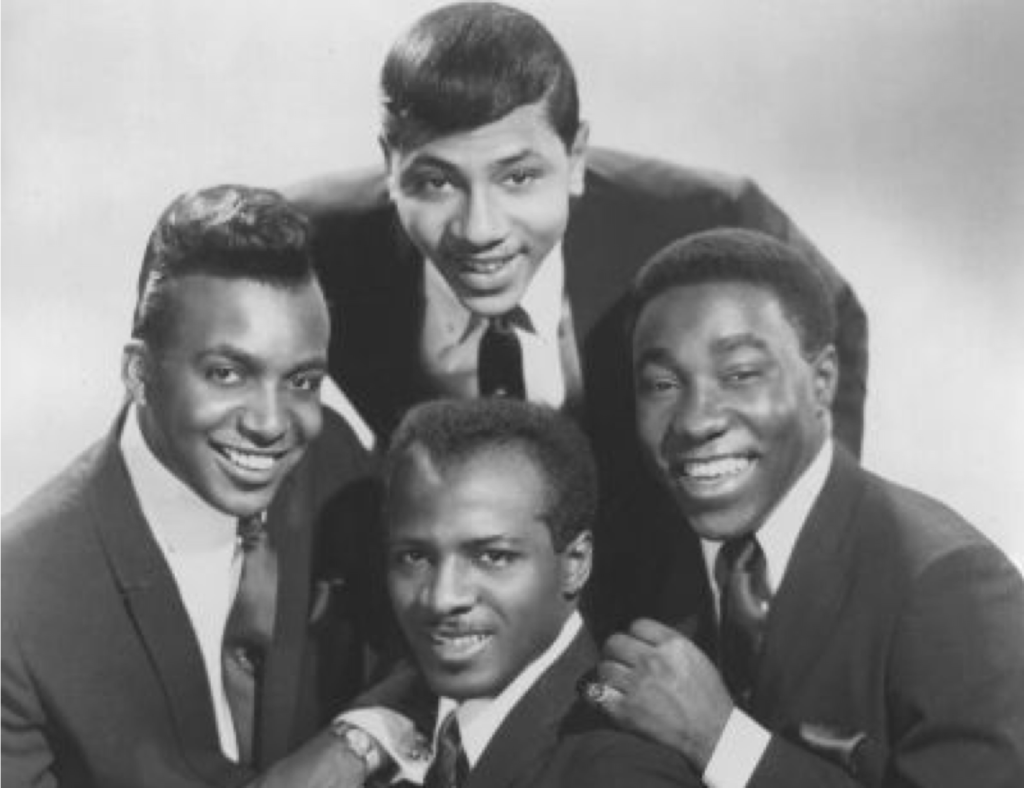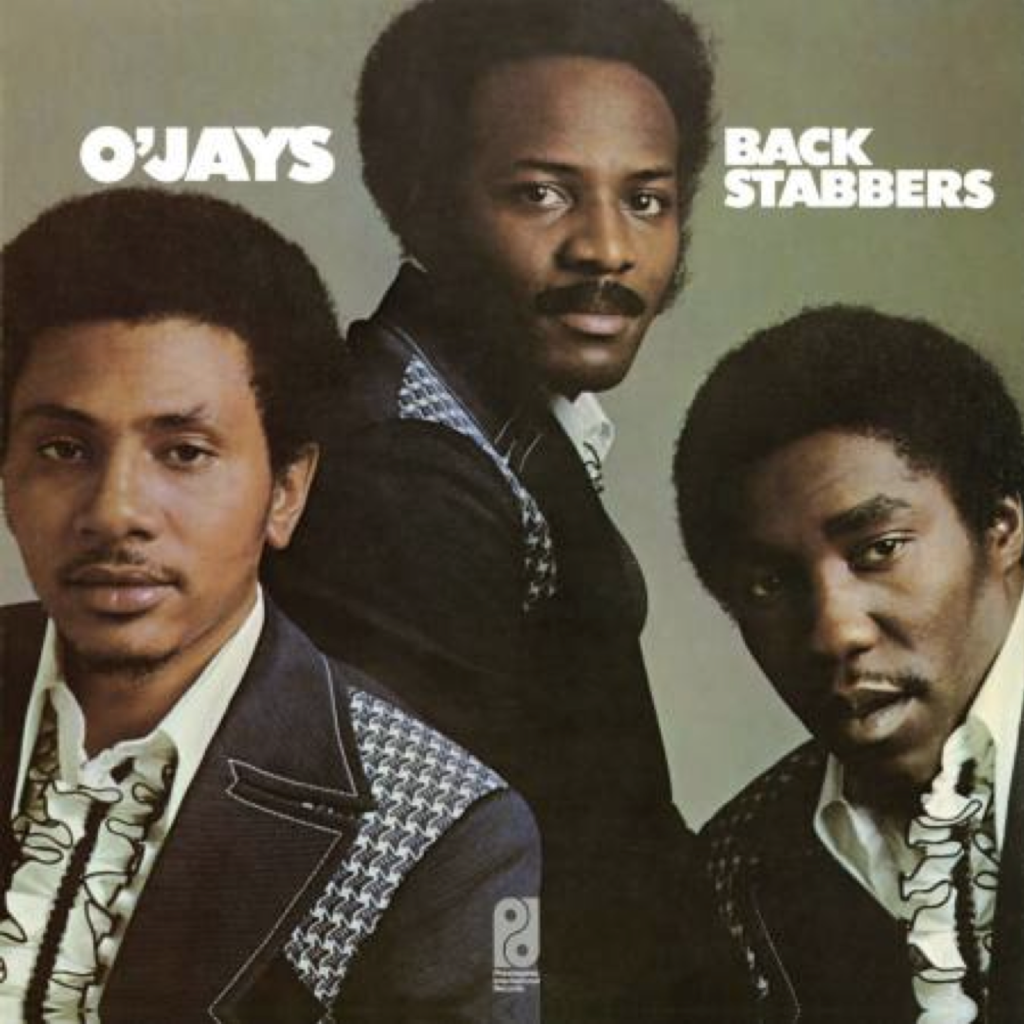
William "Bill" Isles, an original member of the chart-topping R&B group The O'Jays, has died at his Southern California home. He was 78.
Isles died of cancer last month at his home in Oceanside, just north of San Diego, his son, Duane Isles, told The San Diego Union-Tribune. The funeral for Bill Isles was held Saturday.
Bill Isles and his childhood friends in Canton, Ohio, formed The Mascots in 1958 before changing the name to The Triumphs and releasing a single in 1961. The band changed its name to The O'Jays after getting pivotal advice from a Cleveland DJ named Eddie O'Jay.

Known for his deep baritone voice, Isles was featured on songs including "Lonely Drifter" and "Lipstick Traces" before he quit the group in 1965. Duane Isles says his father was The O'Jays' tour manager between 1971 and 1974, when the group released its biggest hits, "Love Train" and "Back Stabbers."
Bill Isles and his childhood friends in Canton, Ohio, formed the Mascots in 1958 before changing the name to The Triumphs and releasing a single in 1961. The band changed its name to The O'Jays after getting pivotal advice from a Cleveland DJ named Eddie O'Jay.
The O'Jays were inducted into the Rock and Roll Hall of Fame in 2005.
Isles spent the latter part of the 1970s in Los Angeles before moving his family in 1981 to Oceanside. After leaving the music industry, Isles founded Nutri Power, a vitamin manufacturing and food supplement company, which he led until the mid-1990s, and did consulting work before retiring around 2000.
Shawn Mitchell, Isles' pastor at New Venture Christian Fellowship, said he'll always remember Isles' voice and buoyancy on stage when he sang with the church choir.
"Isles was one of the most memorable, loving and consistently upbeat and talented individuals I have had the privilege of...
...knowing," said Mitchell, who presided over Isles' funeral. "He was a lover of music and a lover of God, and he combined both of those on stage in extraordinary fashion."
Isles is not alone in our fight against cancer. About 202,260 new cancer cases and 73,030 cancer deaths are expected to occur among blacks in 2019. African Americans have the highest death rate and shortest survival of any racial and ethnic group in the US for most cancers. Since 1990, however, the overall cancer death rate has dropped faster in blacks than whites among both men and women, largely driven by more rapid declines in blacks for cancers of the lung, colorectum, and prostate.
Isles is survived by his wife, Laural, seven children, seven grandchildren and three great-grandchildren.






